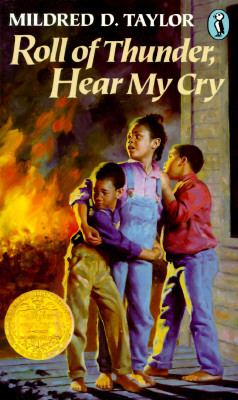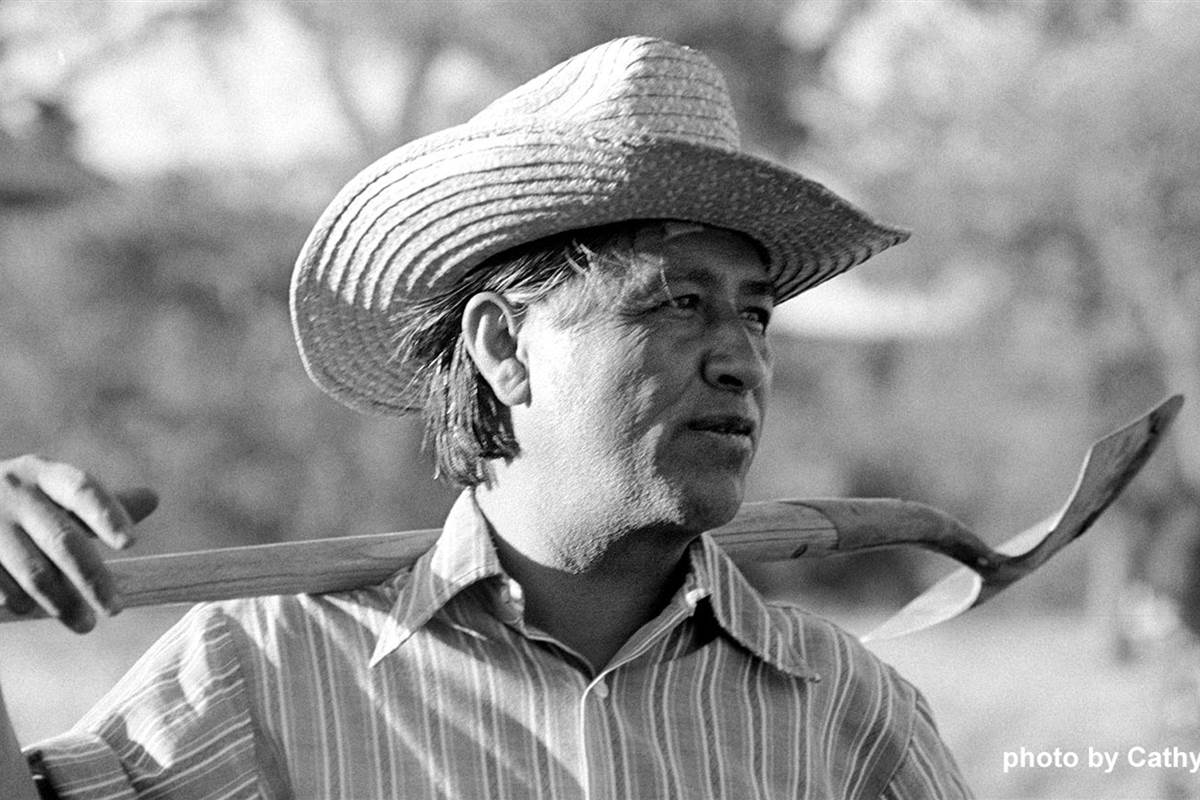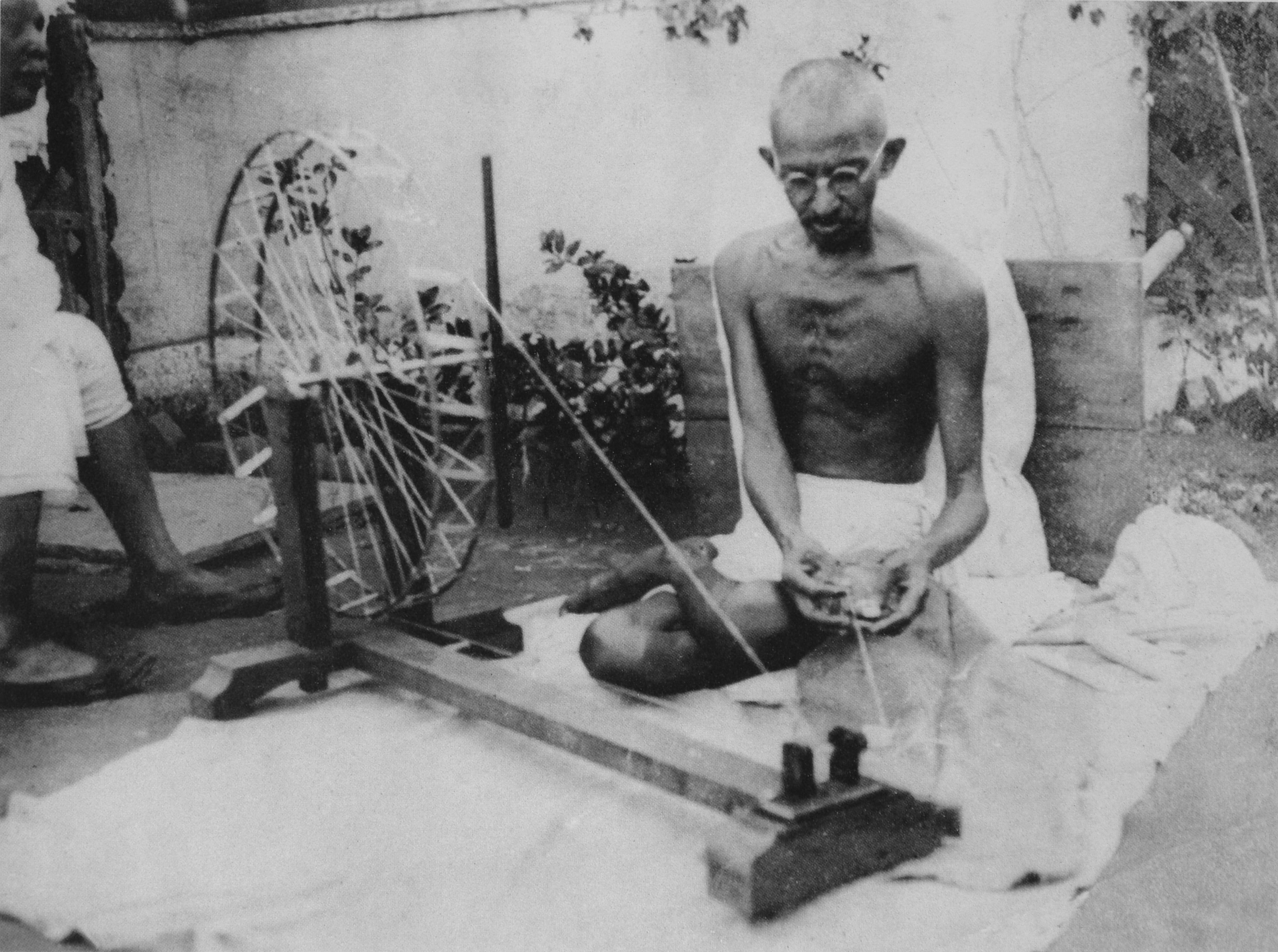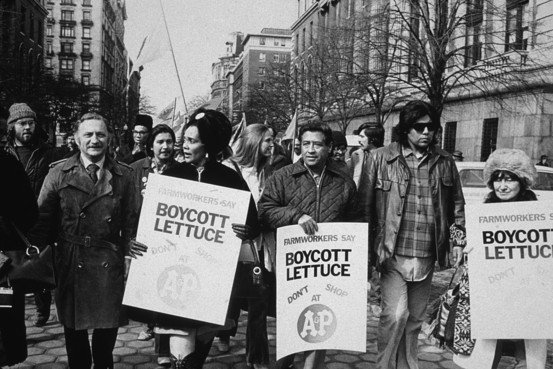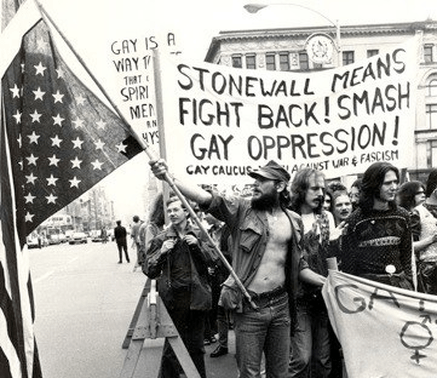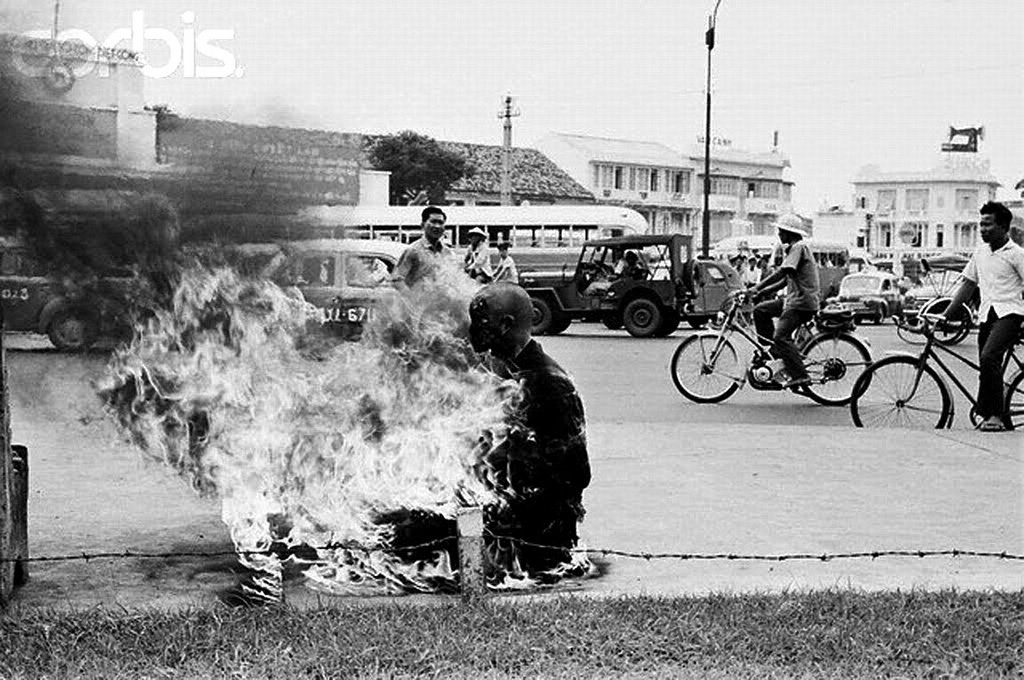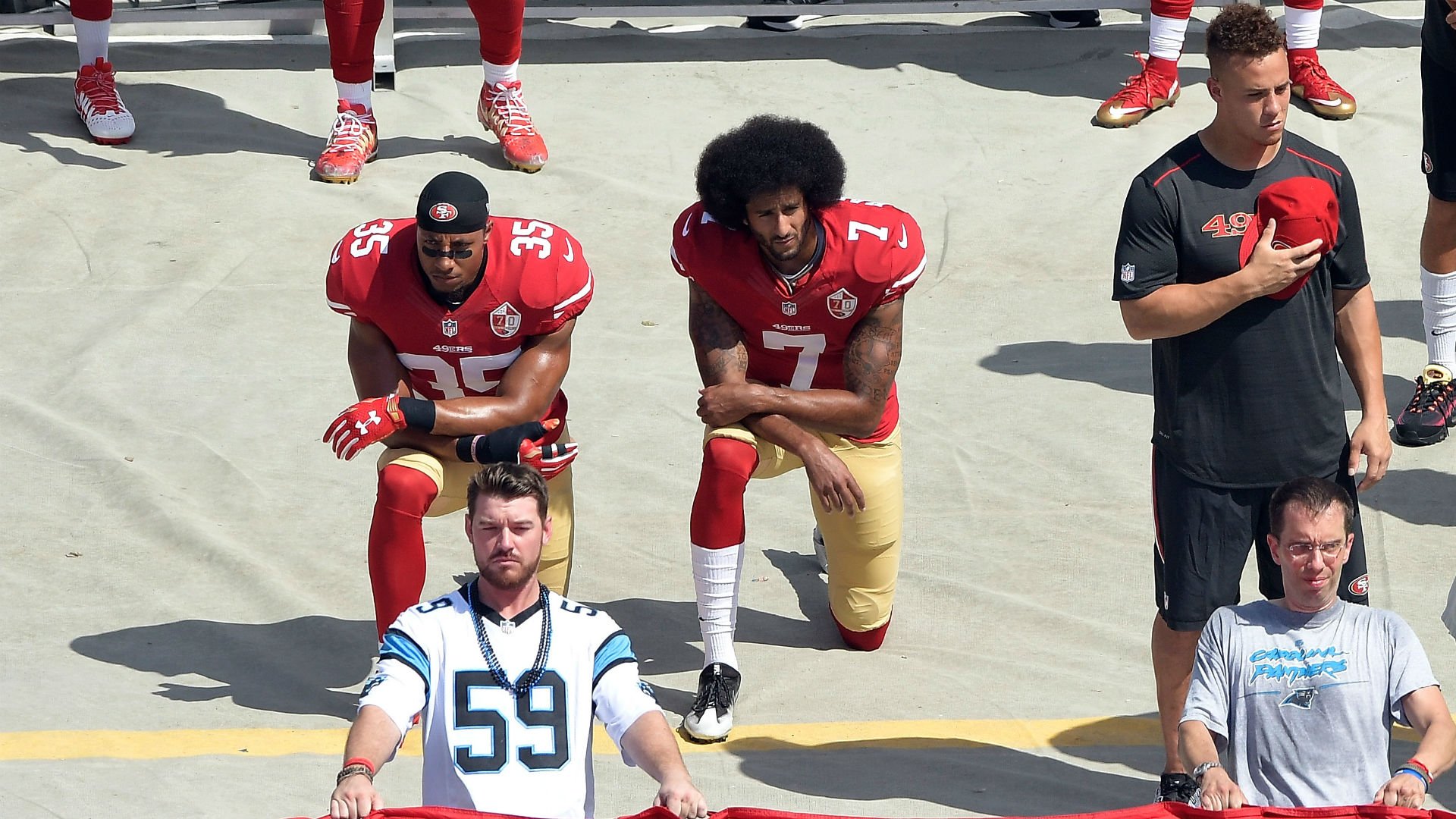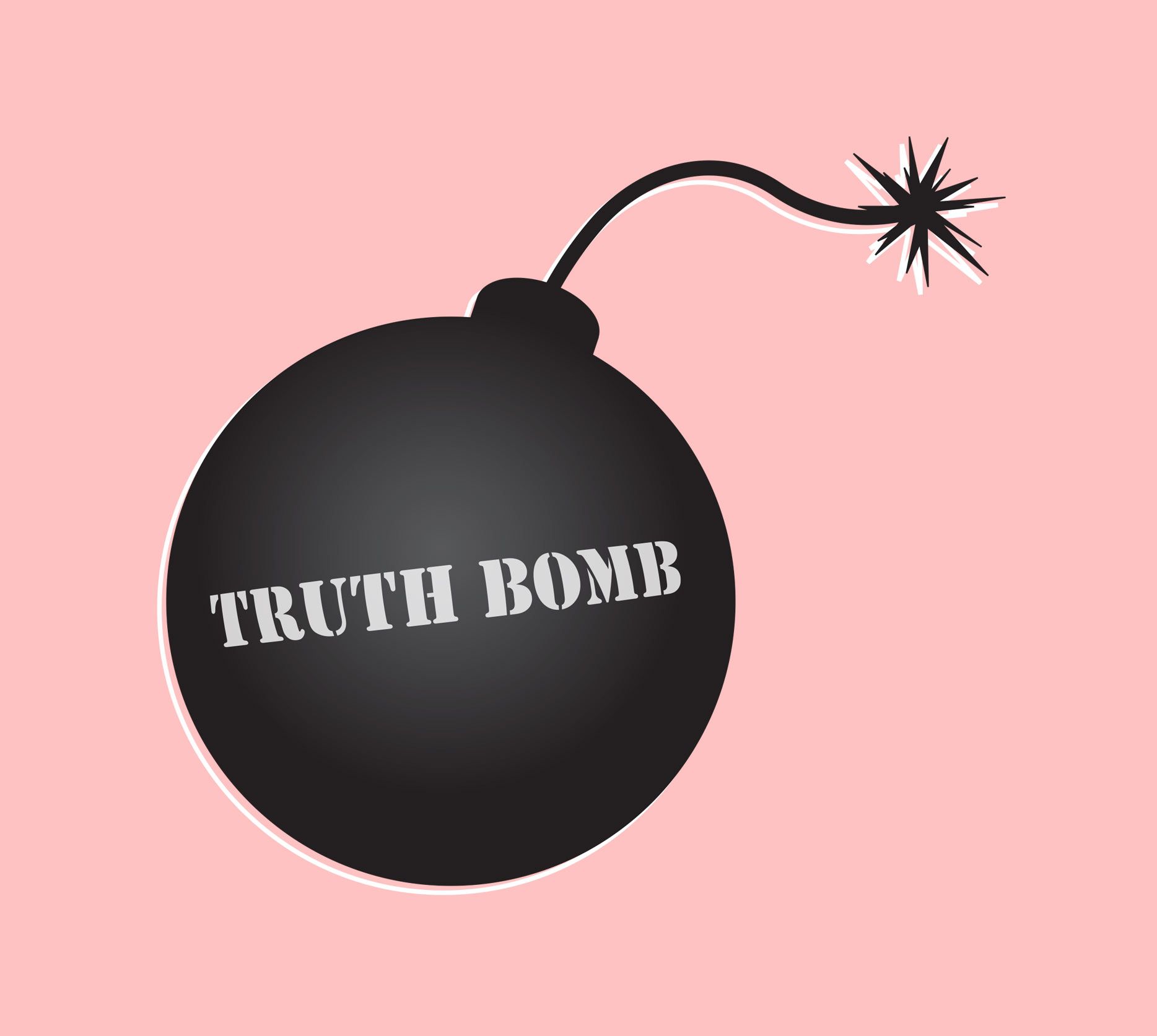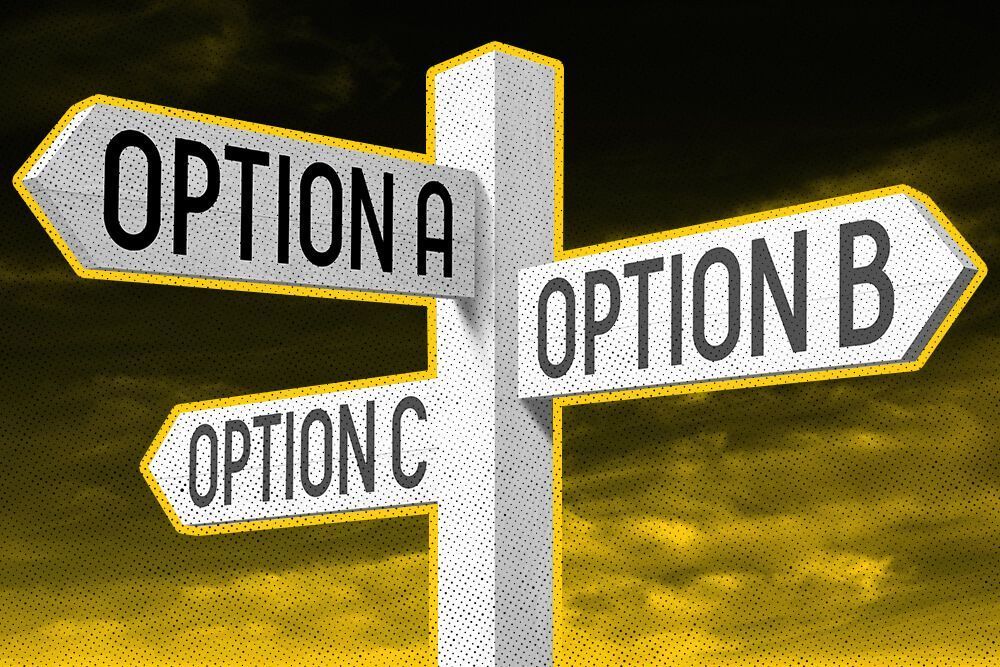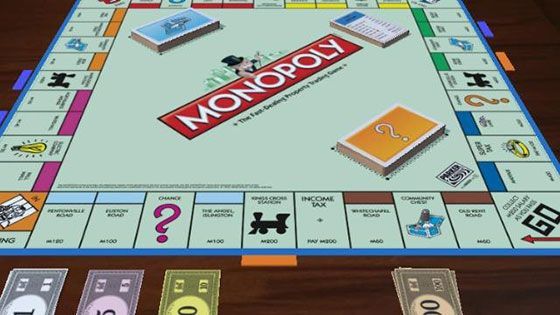Helping My Son Make America Great… (again?)
I often discuss current events with my 10-year-old. He listens to NPR with me on the way to school (maybe half listens). We recently discussed protests by Colin Kaepernick and other athletes of various ages. He has decided to join the protest by sitting during the pledge at school. This is how I explained protesting to him.
Identifying the problem
Imagine you are in the cafeteria at school and there is a sign that says “Everybody Gets a Healthy Free Lunch!” After some time at school, you notice that the kids in your class get molded eggplant and water for lunch (he hates eggplant). And the kids in the other class get organic veggies and grass-fed meat from Chipotle (he loves Chipotle).
Identify discrepancy in promise and implementation
You realize that the school is defining “healthy meal” differently for each class. You go to the principal and tell her that your class is not getting the same kind of “healthy meal” as the other class and you want to change it. She tells you that all the meals are healthy, nothing is going to change, and you shouldn’t tell her what to do in her school.
Alternative challenges to authority
After talking to teachers and cafeteria workers, you realize that the people in authority are not able or willing to help you. You decide to bring attention to the gross lunches your class is getting and how it isn’t fair. So you decide to stop eating them. You get your molded eggplants then throw them in the trash. You talk with your friends about the lunches the other class is getting and how the school isn’t providing everybody with a healthy lunch like the sign says. You ask them to join you in your protest. This is community organizing. Your entire class agrees to join you in not eating the lunches. You even get some kids that are eating Chipotle to throw away their food in protest to support you. This is a hunger strike.
Putting pressure on authorities
You call the news and tell them about your hunger strike. You ask them to tell the whole city about the food you are getting. You tell your principal that you and your classmates will continue to throw away the food until you get the same organic veggies and grass-fed meat from Chipotle like the other class. Parents, teachers, and neighbors hear about the hunger strike on the news. A lot of people are angry – even the kids from the other class getting the good food. Parents threaten to take their kids out of school. Students from both classrooms are throwing away their food. The school is losing money. The principal doesn’t like what is happening, so she decides to change the menu. But in the real world, rarely does everyone get Chipotle. Usually, the eggplant eaters just get better eggplant or a different moldy vegetable.
Kind of like America  n slavery. Technically, after the Civil War slavery ended. But, the 13th
amendment in the constitution says it’s ok to make criminals slaves. Companies built prisons and police patrolled Black and Brown communities a lot. They also gave Black people longer prison sentences for the same crimes as Whites. Companies would make the prisoners work for little or no money and sell the stuff they made, then make a lot of money. So…
n slavery. Technically, after the Civil War slavery ended. But, the 13th
amendment in the constitution says it’s ok to make criminals slaves. Companies built prisons and police patrolled Black and Brown communities a lot. They also gave Black people longer prison sentences for the same crimes as Whites. Companies would make the prisoners work for little or no money and sell the stuff they made, then make a lot of money. So…
not Chipotle, just a different moldy vegetable.
Different kinds of protests
There are many people who have chosen to go on hunger strikes in order to make laws or policies fair. Mahatma Gandhi, trained as a lawyer, went on several hunger strikes lasting anywhere from six days to three weeks to change laws in India and stop wars between Hindus and Muslims. Cesar Chavez d idn’t eat for 25-days in order to fight for farmers to get better pay.
Boycotts
Sometimes protesters tell their friends about the problem and they march to get people’s attention. Once they get people’s attention, they tell them why they are angry and what they want to be different. It’s kind of like Chavez learned the grocery store should be paying them $100 for the lettuce that they grew and picked but the store is only paying them $5. So, Chavez called his friends and his friends called their friends and told everyone to walk in the middle of downtown. They held signs that told everyone not to buy lettuce. This type of protest is called a boycott. The grocery store now has all this lettuce it wants to sell, but can’t because everyone is listening to Chavez and his friends. So the boycott encourages the grocery store to pay Chavez and his friends the fair amount.
Riots/Rebellions
There was a time when people would get in trouble for being gay. They could be arrested, have their penises removed, parts of their brain removed, or placed in an insane asylum and electrocuted. There was some people that got tired of being harassed so they decided to riot or rebel. An example is what happened at Stonewall.
Self harm
Buddhist monks protested the Vietnam War by setting themselves on fire. This occurred many times in public places.
Work strikes
Right now, there is a prison strike. About 20,000 prisoners across the country figured out a way to talk with their friends (community organizing) and tell everyone that they should not go to work on September 9th. They are not only protesting the new approach to slavery (because they are working for for-profit companies inside the prison) but also a bunch of other things. See video discussion.
Everyone of these examples are people choosing to challenge a promise. Just like the cafeteria said “everyone gets a free healthy lunch,” the pledge of allegiance promises “liberty and justice for all.” Just like one class was getting molded eggplant and another was getting Chipotle, but the principal said everyone was getting a healthy lunch as promised, some people don’t believe that everyone is getting liberty and justice equally… as promised.
Colin Kaepernick has chosen to sit down in protest against police brutality. Just like you, people saw the videos of Tamir Rice, Philando Castile, Eric Garner, Keith Scott, Oscar Grant, Terence Crutcher and many other men and women and decided to join him. You can love your country and not love some of the things it’s doing. The great part of a democracy is that the people who have been made promises have the ability to call out the people who made those promises, but are not fulfilling them. That’s freedom of speech. That’s the “liberty” the pledge says we have. You can choose to join the protest alone. You can choose to community organize. You can choose to approach this however you’d like. You have my support. But you have to know why you are sitting. You have to have an answer when someone asks you why.
“Be the change you want to see in the world.”
-Gandhi

